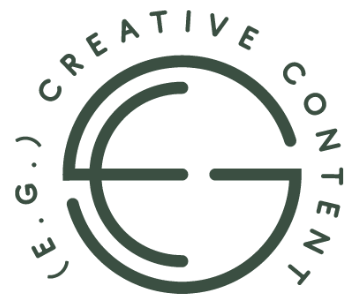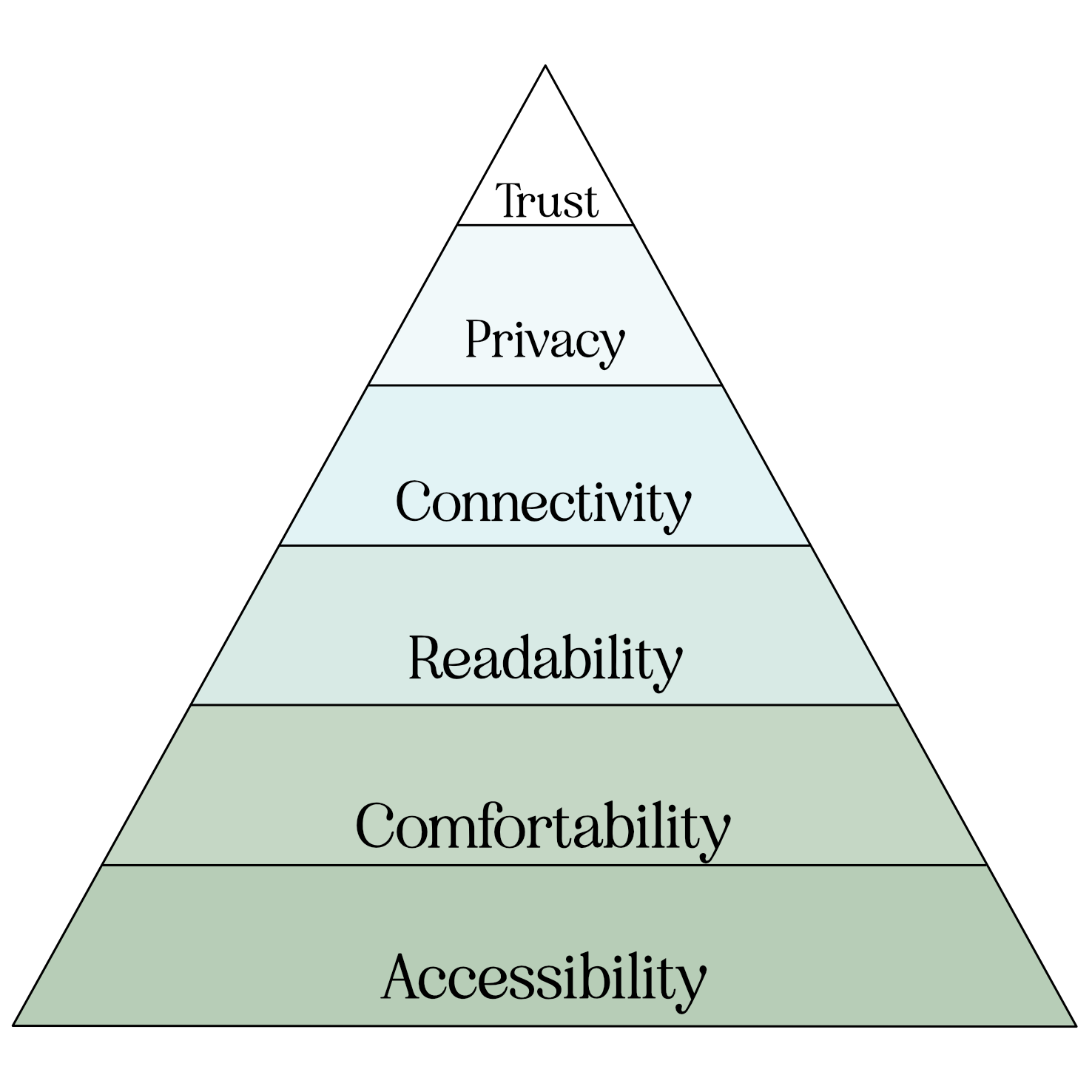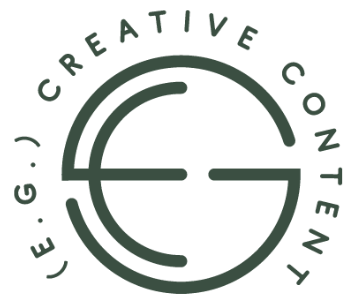
How To Vet a Ghostwriter For Your Business Maybe writing your own content feels like a slog. Maybe you don't have time, or you just ... aren't a strong writer. That's okay. But if sharing your expertise could help your product or brand, you gotta do it — or get a ghostwriter! First off, let's say that you're talking to a ghostwriter and they say they can't share copies of what they've written for others. Not all ghostwriters have a public portfolio of client work to share with you. They aren't being shady, though! Many ghostwriting projects involve a contract clause that the writer won't reveal the content they ghostwrote. Their refusal to share this with you shows respect for their clients. But you CAN expect to see their non-ghost work, and even a client list. Next, look at what the writer's areas of expertise are. These areas don't have to be exactly aligned with yours—in fact, I'd be surprised if they were. They're a writer after all, not doing the same job as you! But look at their portfolio and professional experience. Are there common threads running between projects and clients? Look at the format of their other content, too. If you want quick and snappy LinkedIn posts, don't hire someone who only does deeply researched long-form blogs. And if you need SEO content, look for someone who knows how to do both—not someone who exclusively handles social media posts. Talking and looking at portfolios can only go so far, though. One of the best ways to vet a ghostwriter is to do a test project! This is a super valuable way to figure out if you work together well and if the writer delivers the type of content that you want. You'll also be able to see what their process and requests of you are like.

7 Reasons Why Your Content Might Not Show Up in Search Results Have you been creating content, without seeing the results you want in Google search? There are a few reasons why that might be happening. Over the next week, I'll be sharing the top issues you can look for (and how to resolve them ). Reason #1: Google hasn't found your sitemap! Your sitemap makes it easier for Google and other search engines to accurately crawl and index your website. Log into your Google Search Console and click on "sitemap" to see if the link to your sitemap is listed as submitted. Reason #2: Your robots.txt file is blocking the Googlebot. If you look at your sitemap and see the words "disallow" and the section of the site you're having trouble with (like /blog) then you might have an issue. Reason #3: Your content is too vague. This can be an issue with human writing, but I'm seeing it becoming more of a concern with AI-generated content. In order to rank in search results, you need to get specific, clear, and say something new. Reason #4: It already exists somewhere else on the internet. You can't post the same content on two URLs/pages and have them both appear in search results. Reason #5: You're targeting super difficult keywords. Really short, broad terms (like "computer mouse") are very hard to rank #1 for unless you are THE major player in an industry. And if that's not you, you're going to want to focus more on target terms that are less competitive but still very in line with your audience. Yes, the overall potential audience is smaller—but people will actually find your content. Reason #6: You're trying to do too much at once. Just as targeting one keyword that's too difficult can keep you from appearing in search results, so can targeting too many keywords at once. I'm talking about trying to use one piece of content to rank for multiple unique keywords—even if they're low competition. One blog post can only do so much heavy lifting, even if it's a long one. Reason #7: Your content is old or not authoritative. If you want to be the #1 resource in your industry, then you need to be on your content A game. That means keeping the date on your content current (and actually updating it every few months) as well as attributing it to an experienced/established writer or subject matter expert. This can be a recognized author (for example, I have a Google Knowledge Panel that associates me with my work, clients, and several topics) or a member of your team with deep industry experience.







